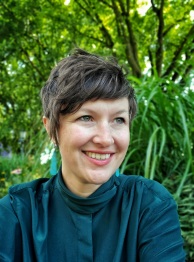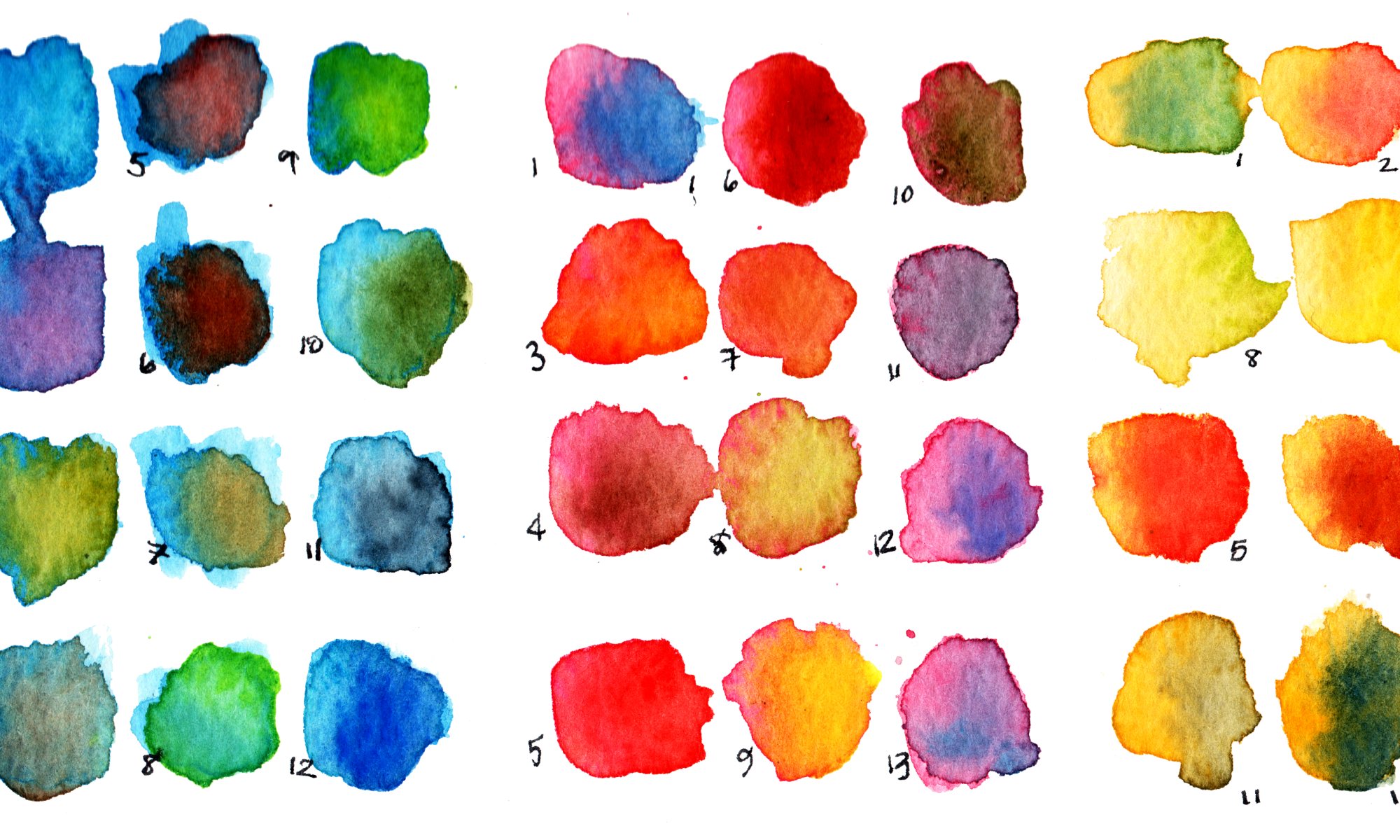
Hi! I’m Bethann Garramon Merkle, MFA, an award-winning science communicator and scicomm researcher committed to institution-level social change.
We have amazing resources in the academy; through my work, I aim to share them widely.
On faculty in the University of Wyoming’s Department of Zoology and Physiology, I do a few things:
- conduct research on the efficacy of science communication and social justice training, art-science integration, and assessment/evaluation of training and support programs;
- teach science communication courses;
- lead social justice and assessment initiatives for the department;
- contribute to strategic initiatives across campus.
Research Interests
I study, use, and provide training on transdisciplinary approaches to enhance inclusive scicomm and inform equitable institutional change. I also teach a range of undergraduate and graduate courses on inclusive scicomm, scientific writing, and justice-informed frameworks for sustainable careers in and beyond academia.
I have written over 300 articles, and I have bylines and illustrations in publications including Nature, American Scientist, BioScience, Ecology and Society, Natural Sciences Education, Western Confluence, and more.
My award-winning work can also be seen in projects including a college-level writing textbook and illustrations in books and films including And Then There Were None, Wild Migrations: Atlas of Wyoming’s Ungulates, and Deer 139.
Right now, I’m a subject/associate editor for the FACETS journal (Royal Society of Canada). I am also the co-founder and co-host of Meteor SciComm, a podcast and professional community. I was formerly a multi-term associate editor of the Natural Sciences Education journal (Alliance of Crop, Soil, and Environmental Science Societies) and the founding editor of the Communicating Science section of The Bulletin of the Ecological Society of America.
Teaching & Professional Development
As a first-generation college student myself (and having been a cultural and linguistic minority/immigrant in French Canada for four years), I am particularly committed to demystifying the hidden curriculum of academia and counteracting academia’s culture of toxic overwork. In all my work, I strive to make science and science-allied careers more inclusive and equitable, especially as it relates to public engagement and science communication.
Communication skills are central to how students and scientists contribute to and share biological science, and I work to cultivate and enhance these skills. Through courses and other trainings, I advocate for a diverse, inclusive view of who belongs in science, who has access to science, who represents science, and how science is shared. I am committed to curriculum design, instructional practices, and assessment that ensure coursework and trainings are relevant and that participants gain (and are able to articulate and apply) transferable skills which build on their existing knowledge, identities, and self-efficacy. I develop curriculum with the recognition that foundational and advanced skills in writing and other modes of communication (e.g., graphic design, facilitation, etc.) are fundamental to people’s abilities to share science with peers and beyond academia. Building these skills is a critical way we can support students’ and professionals’ growth as engaged citizens, regardless of their career paths. Furthermore, science writing and communication skills are essential for expanding access to science and enhancing the relevance of the science we do. I am both enthusiastic about, and deeply committed to, supporting science-trained people at all career levels as they explore how science communication and engagement fit into the spectrum of science-allied careers.
Science Communication & Public Engagement
I lead communications and strategic planning initiatives for academic, community development, education, journalism, and public policy organizations. In 2017, I co-founded the UWyo Science Communication Initiative, a grassroots, campus-wide initiative which envisions a campus community that values, supports, and creates effective science communication and engagement. We provide trainings and collaborate to help build a community of science communication practitioners and scientists doing science communication at all career levels. Through WySCI, I lead a SciComm Certification program and coach scientists at all career levels to effectively share science and raise money to do so.
In addition to my work at the University of Wyoming, I co-founded and led the Communication and Engagement Section (est. 2013) of the Ecological Society of America for nearly a decade). I am also the founding editor of the Communicating Science department of The Bulletin of the Ecological Society of America, ESA’s oldest journal. Both of these ESA-related endeavors provide excellent science communication resources for scientists and practitioners working on public engagement and broader impacts efforts.
Today, I continue to establish and co-lead professional development programs to support science communication professionals and transdisciplinary researchers (e.g., UW-IMPACT, UW-MENTOR, and the Science Communication in Undergraduate Teaching and Education (SCUTE) RCN). I also collaborate with agency, nonprofit, industry, and academic entities working toward these goals. Through this work, I have trained over 4,000 scientists how to inclusively share their science with diverse, public audiences and raise funding to do so.
More information: Follow these links for my detailed bio, portfolio/CV, and media coverage including in-depth interviews.
Contact me to discuss how to collaborate and brainstorm. Or, connect with me online. Just look for @CommNatural on Twitter, LinkedIn, and Google+.

One Reply to “”
Comments are closed.